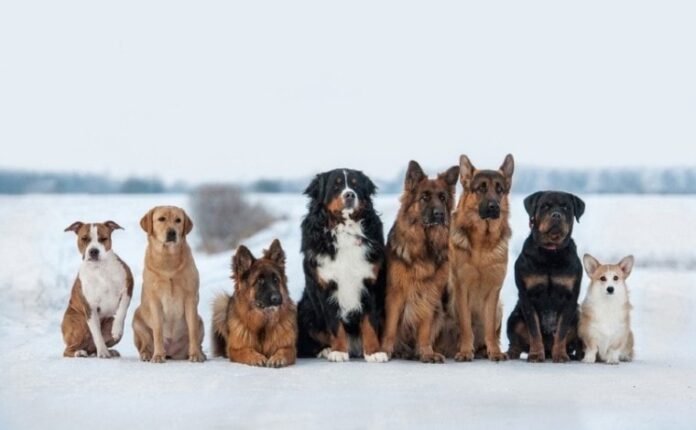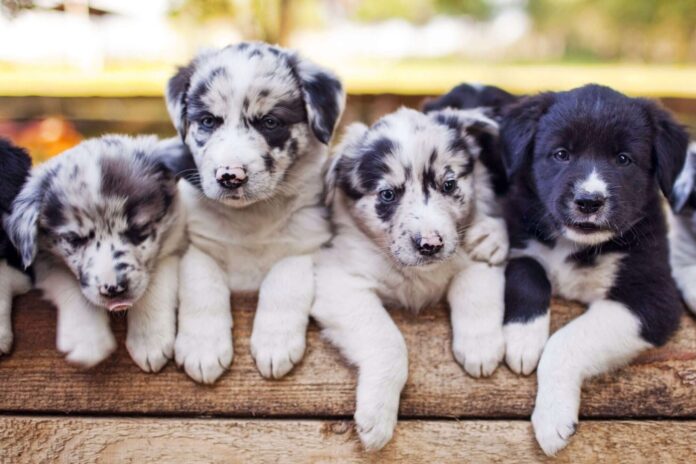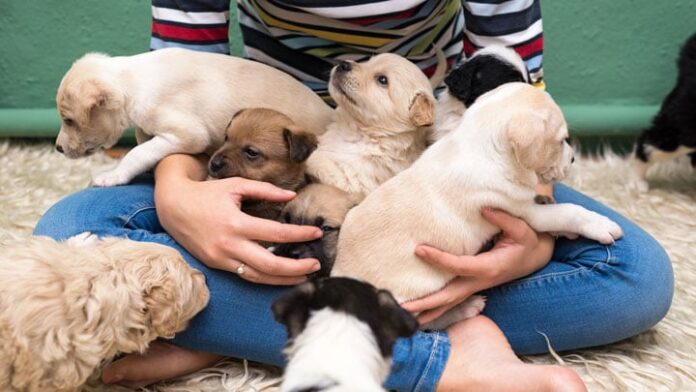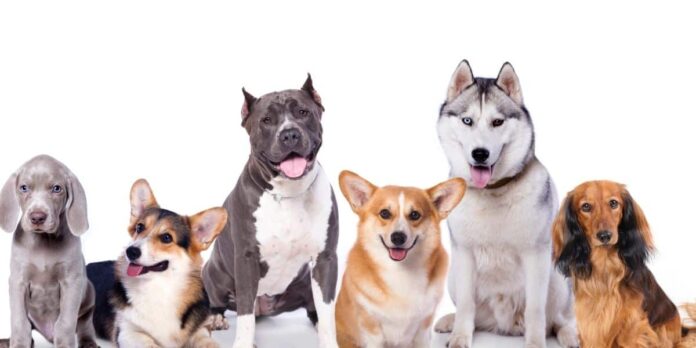Pets have been around humans since the very beginning of civilisations all around the world. Earlier, humans used to pet wild animals, turning them into trusted companions. The scenario has not changed very much ever since. Even now people are fond of pets, especially cats and dogs. These four-legged furry friends are a great source of affection and unconditional love.
Many things need well-thought planning before bringing home a pet friend. From selecting the correct breed for your home as per the choices to selecting the actual pup, the list can go on and on. However, you can reach out to various online and offline pup partners, who specialise in this area and would help you make a better choice. You may visit this site for additional details about the same.
Even though it is highly recommended to visit a local shelter home or rescue and adopt a dog whenever you are planning for a furry companionship, the same cannot be applied to every situation.
For instance, service animals are usually bred by a Service Dog Breeder. Breeders are not all bad as portrayed in the media these days. To help you understand the topic better, the following article mentions some of the major responsibilities that dog breeders have and which they execute wholeheartedly:
Maintaining A Caring Environment

Even though it is highly understood that many illegal breeders do not follow the guidelines set by the local authorities and the various animal welfare boards, many do. These are known as ethical dog breeders. They are licensed practitioners who are in close contact with vets and other animal welfare associations to make sure that the dogs are kept and bred in a caring environment.
These breeders are responsible for providing the pups with a protective environment, with quality food served to them on time. More importantly, they ensure that the mother dogs are also well taken care of until the right amount of time. If they could locate the father dogs, then they make sure to protect them as well.
Usually, newborn puppies should be weaned off only after 10 to 12 weeks of breastfeeding to make sure that they are properly growing. Many illegal breeders tend to separate the infant from its mother within the first few weeks.
This is outright wrong, and makes the puppy vulnerable to infectious diseases and other ailments, along with improper nourishment. Ethical breeders, on the other hand, make sure that the pup is weaned off slowly, that too only after the 10th week.
Seeks Information About The Various Breed Population

A responsible breeder must know every different type of breed and their population in the town. This would help them to understand the pattern which could be used to determine the number of dogs in the area.
Moreover, they are required to know which dog has recessive genes, so that they would not be bred further. This way, they would make sure that no faulty or harmed future progeny is formed, thereby maintaining a pure line in the canine family.
If dogs with genetic disorders are allowed to be bred, then this could be fatal for both- the mother and the offspring. There is a high chance that the disorder would be passed down to future generations, making them sick all the time, and prone to pain forever. This could be easily avoided by keeping a close eye on the pedigree of the generations and being vigilant.
Passes The Information To The New Owners

It is of utmost importance that the breeders let the new owners know every detail about the pups they have bred and are not selling. From the breed to their exact age, their medical records and any history of ailment or disease, all should be told to the new owners well in advance.
This way they would maintain a clean slate and a good trustworthy relationship with the owners. This also demonstrates that they are in fact, truly caring for the pups they have reared in their facility.
The breeders are also responsible for keeping every record up to date, with periodic updates in their inventories and database. They are also required to share these files in the public domain, or with the local veterinarian and other animal welfare bodies, to prevent any sort of misuse or abuse of power.
This transparency would help them in the longer run, as it would make them less accountable for things that could go wrong. If they see it as a duty, rather than an option which could be easily overlooked, then it would be a good decision.
Care For The Mother, Hygiene, And Socialising The Pups

Many times, the illegal and unethical breeders leave the mother on the streets on their own as soon as they deliver a litter. This behaviour is outrageously wrong and extremely cruel.
However, ethical breeders make sure that the mothers are well taken care of for their lifetime, either by themselves, which is the case in the majority of the scenarios, or by a dog shelter home. Moreover, they make sure that they are not overbred, as these could lead to complications and prove to be fatal for the mother.
In addition to this, they also take care of the proper hygienic conditions of the area and make sure that the pups are completely sanitised and vaccinated on time.
Inbred pups have to be socialised with other dogs and humans before they could be placed in their new homes with new owners. This is also one of the major responsibilities that these breeders have to take care of.
Conclusion:
Breeders not only breed dogs, but they also raise a new generation of puppies who one day might serve as someone’s service animal. This is a huge responsibility in itself and must be done with proper care and modern techniques. This is the reason why these breeders are always in close contact with local vets and have good relationships with animal welfare boards.








